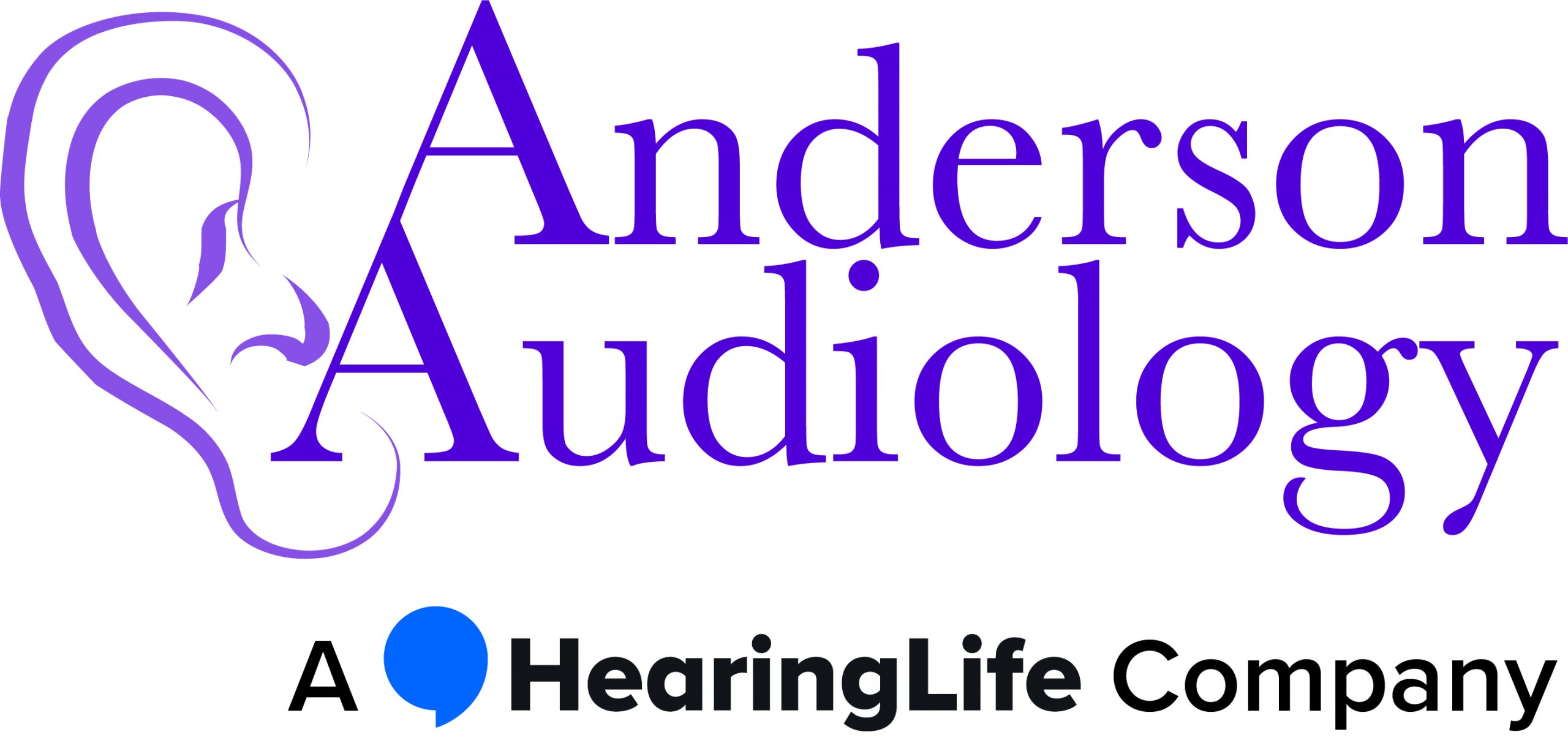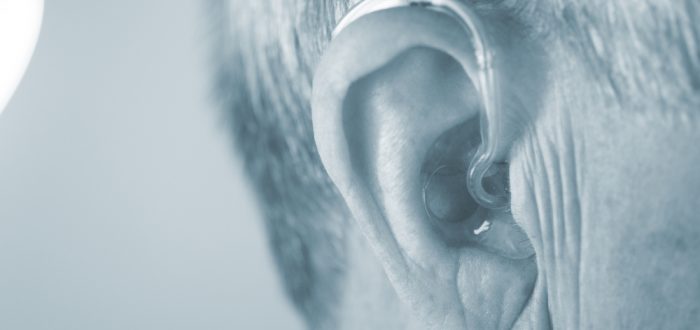Hearing loss affects millions of people worldwide. For many, wearing a hearing aid is a common solution to help with communication and their daily lives. However, there is often confusion around whether wearing a hearing aid is classified as a disability. In this blog, we will explore this question and provide some clarity around the topic.
Firstly, it is important to understand what is meant by the term “disability.” According to the World Health Organization (WHO), a disability is defined as “an umbrella term, covering impairments, activity limitations, and participation restrictions.” In other words, a disability is any condition that impairs a person’s ability to perform everyday tasks or participate in society.
Based on this definition, wearing a hearing aid does not automatically classify a person as having a disability. While hearing loss can certainly impair a person’s ability to communicate and interact with the world around them, a hearing aid is a device that can help to mitigate this impairment and enable the wearer to function more effectively.
Is Hearing Loss a Disability?
It is worth noting that some people with hearing loss may still be considered to have a disability, depending on the severity of their hearing loss and how it affects their daily life. For example, if a person’s hearing loss is severe enough to impact their ability to work or engage in certain activities, they may be considered to have a disability under the Americans with Disabilities Act (ADA).
Under the ADA, a person with a disability is defined as someone who has a physical or mental impairment that substantially limits one or more major life activities. This can include hearing, speaking, and communicating. The ADA also requires employers to provide reasonable accommodations to employees with disabilities, including those who use hearing aids.
It is worth noting that the definition of disability can vary depending on the context. For example, while wearing a hearing aid may not necessarily be classified as a disability in everyday life, it may be considered a disability in certain legal or employment contexts.
Ultimately, the classification of wearing a hearing aid as a disability is dependent on the individual and their specific circumstances. While a hearing aid can certainly help to improve a person’s quality of life and enable them to function more effectively, some people with hearing loss may still face challenges and limitations that could be classified as a disability.
Regardless of whether wearing a hearing aid is classified as a disability, it is important for those with hearing loss to seek the appropriate support and resources to help them communicate and participate in society. This may include using hearing aids, as well as other assistive technologies or accommodations, such as captioning or sign language interpretation.
In conclusion, wearing a hearing aid is not automatically classified as a disability, as it is a device that can help to mitigate the effects of hearing loss and enable the wearer to function more effectively. However, some people with hearing loss may still be considered to have a disability, depending on the severity of their hearing loss and how it affects their daily life.
Regardless of classification, it is important for those with hearing loss to seek the appropriate support and resources to help them communicate and participate in society.
Need Help? Contact Us Today!
Would you like to explore hearing aid options for you? The hearing care professionals at Anderson Audiology are ready to help. Call us today at 702-997-2964. Alternatively, click here to request an appointment online.

